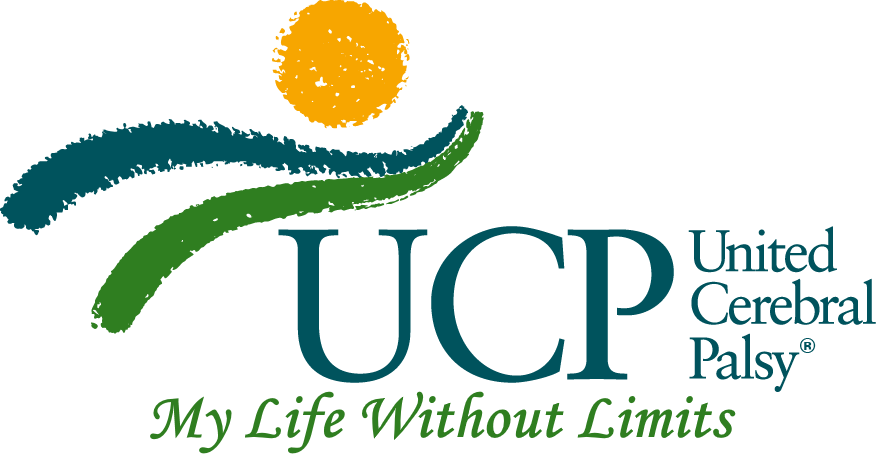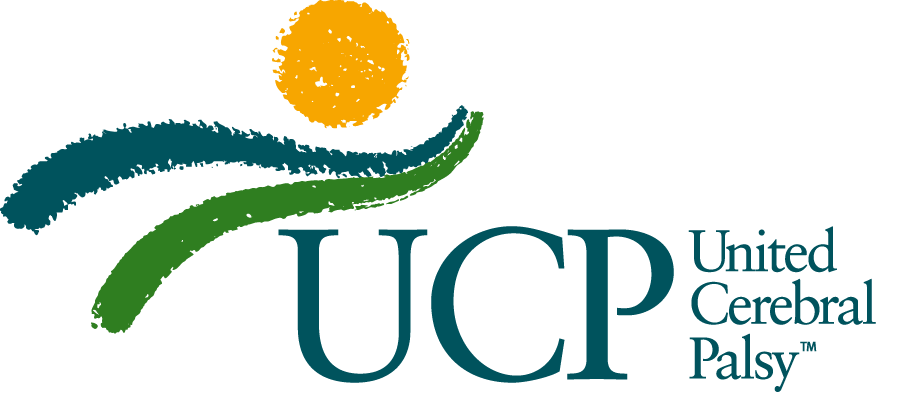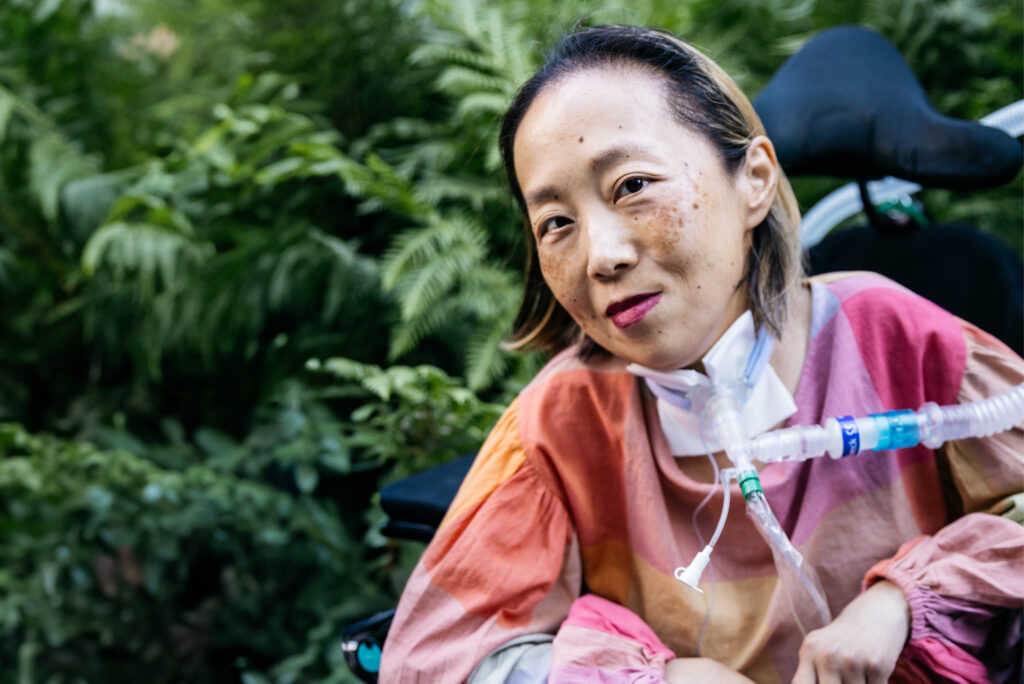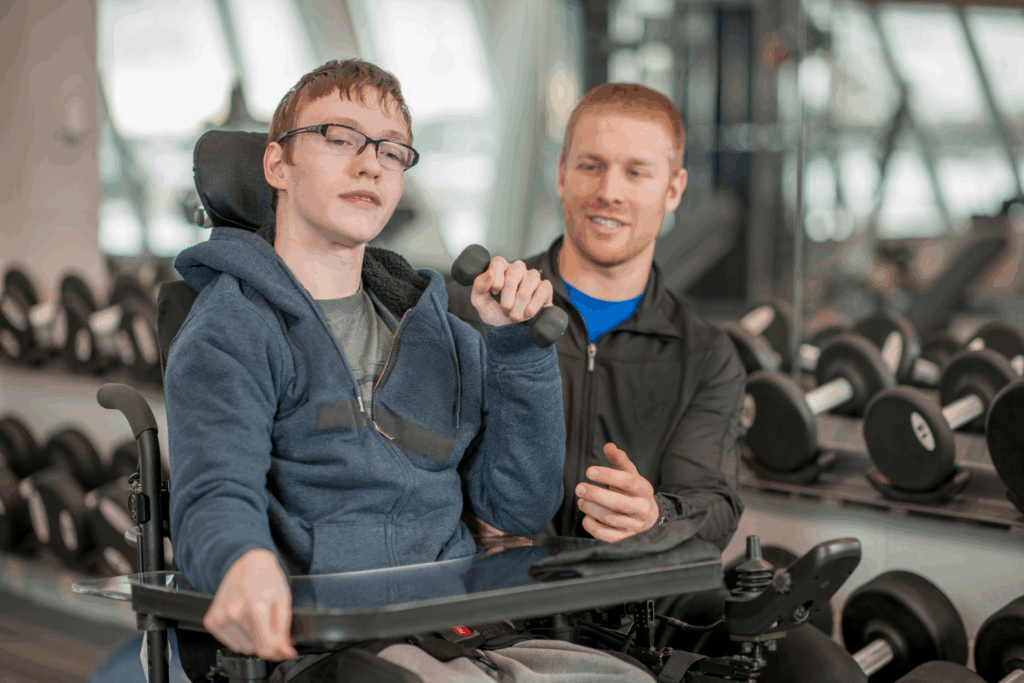By Danielle Shealy
Raising a child with a developmental disability — whether anticipated or unexpected — can feel overwhelming. Fortunately, early intervention for developmental disabilities offers crucial support to help both your child and your family thrive during this journey.
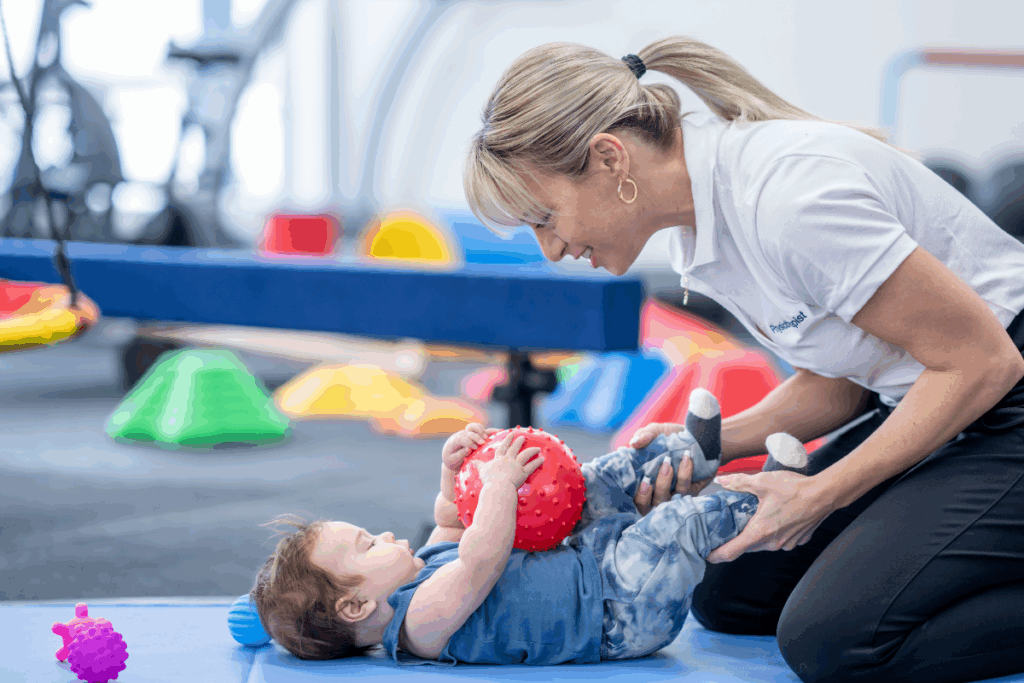
The Centers for Disease Control and Prevention (CDC) defines early intervention as a range of services and supports designed to assist families with young children experiencing developmental delays or disabilities. These services include speech therapy, occupational therapy, andphysical therapy.
Although the average age for diagnosing cerebral palsy (CP) in the U.S. is two years, updated international guidelines (2017) show that early diagnosis and intervention for CP is possible as early as three months of age. Taking action early can make a life-changing difference.
Why Early Intervention Matters
According to Developmental-Behavioral Pediatrician Dr. Susan Fielkow, early intervention can:
- Maximize developmental potential
- Improve long-term outcomes for children
- Provide valuable support and education for families
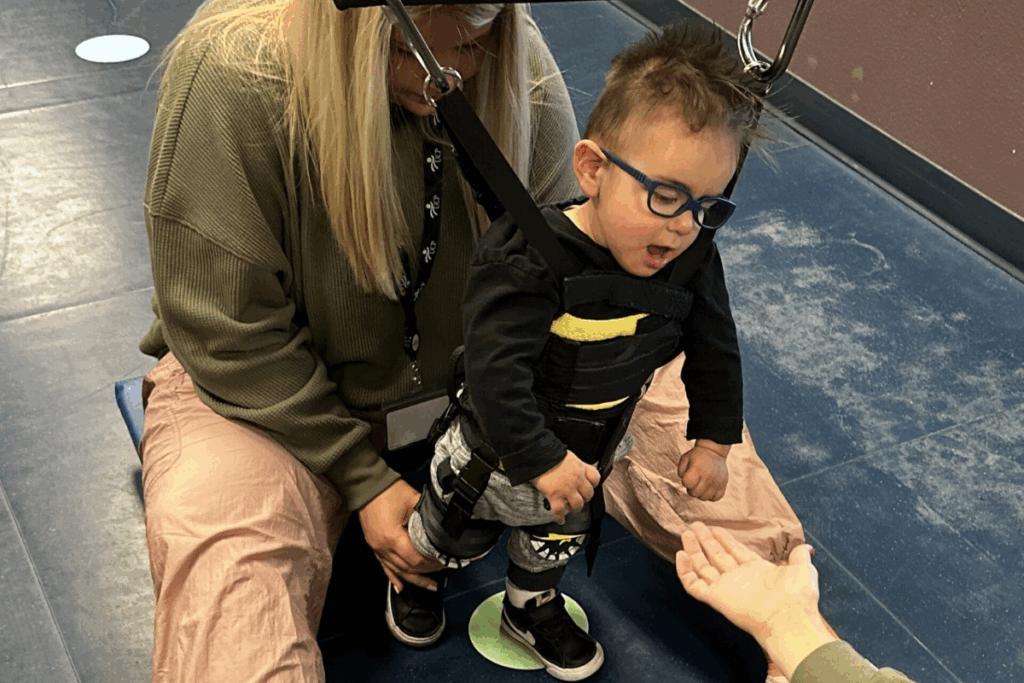
During the first few years of life, a child’s brain is particularly adaptable. Introducing therapies and developmental support at this stage can promote brain development, improve social interaction, and enhance learning abilities. It may even increase school readiness and reduce the need for special education services later on.
Even if your child ultimately needs special education support, that does not reflect failure. Every child’s developmental path is unique, and early intervention simply ensures they get the best possible start.
Support for Families
Early intervention services not only help children but also provide families with guidance, resources, and education. Understanding your child’s needs and how to support them can make a meaningful difference in your day-to-day life.
You can explore early intervention services through resources like the CDC’s state-specific services directory or find a United Cerebral Palsy affiliate near you.
UCP and Early Intervention Leadership
At United Cerebral Palsy (UCP), early intervention is at the heart of our mission. Through our Early Detection and Intervention (EDI) Collaborative, our network of physicians, occupational therapists, and physical therapists use tools like the Hammersmith Infant Neurological Exam (HINE) to provide early and accurate diagnoses.
If you’re a parent, pediatrician, or specialist, and suspect risk factors for CP, we encourage you to contact a local UCP affiliate for referral and support options.
Reaching Milestones, One Step at a Time

At UCP Huntsville, Kirstin Ramsey has found a strong support system — and transformative care — for her two daughters, Bryleigh (2½) and Remington (14 months), both of whom have cerebral palsy. Thanks to early and consistent therapies, the girls have made incredible progress in reaching key developmental milestones.
Bryleigh began therapy at UCP when she was just 10 months old. Today, she’s thriving — walking, crawling, and using her voice to express her vibrant personality, a milestone made possible through speech therapy. Her younger sister, Remington, is keeping pace with her big sister thanks to the support of UCP’s dedicated therapists.
“They are on the move all the time,” Kirstin says with pride. “To other parents, I would say: Don’t be scared. Don’t worry or doubt that [UCP] will come out and help you, because they will do their very best. Just knowing these people are here to support you through hard times, to answer your questions and concerns — it makes all the difference.”
Early Intervention Opens Doors
By using early intervention, doors might open for you that you thought were closed. Or they might help you find a community, whereas before, you thought you were all alone in your struggle. Early intervention resources are here to help you or your loved one on the journey of developmental disability treatment.
About the Author
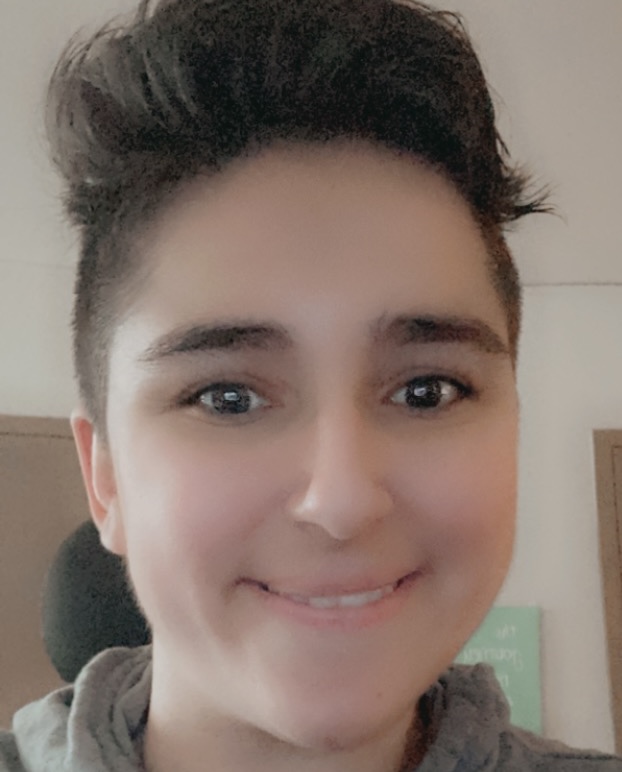
As a marketing volunteer with UCP, Danielle Shealy puts her lived experience and creative voice to good use for her community. With a background in strategic communications and a double minor in digital media production and public relations, branding and imaging, she is excited to shine an even brighter light on her community. As someone with cerebral palsy, she has a fiery passion for leveling the playing field for people with disabilities. Whether that’s through highlighting adaptive outdoor activities or pushing for accessibility, Danielle hopes to teach whoever will listen about cerebral palsy and what can be done within society so that no matter the disability, everyone can be included. In her spare time, Danielle loves to be outdoors whenever she can, or on cold winter days, she loves to cuddle up with a good book or watch movies.
